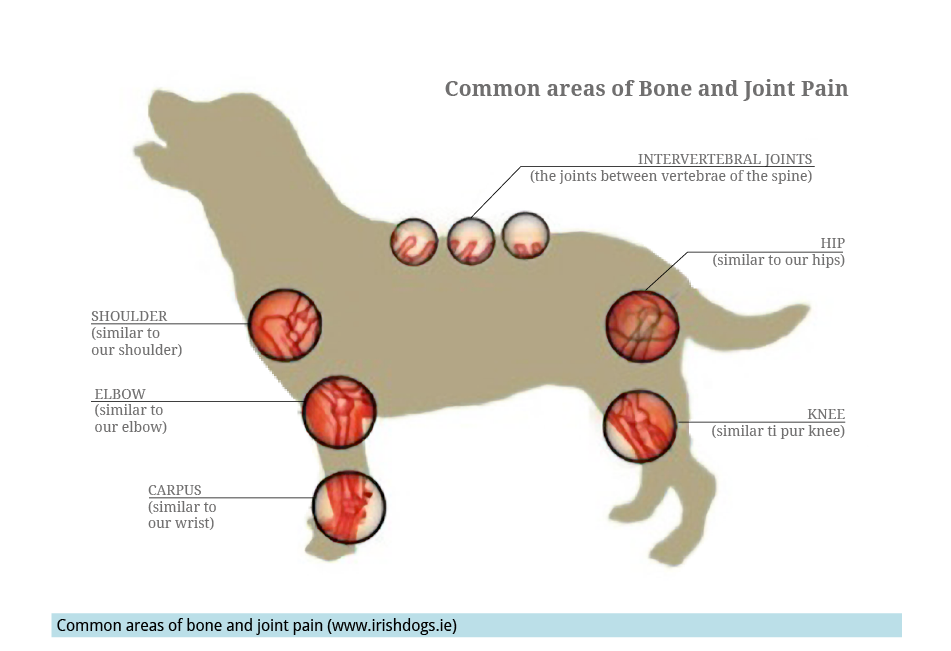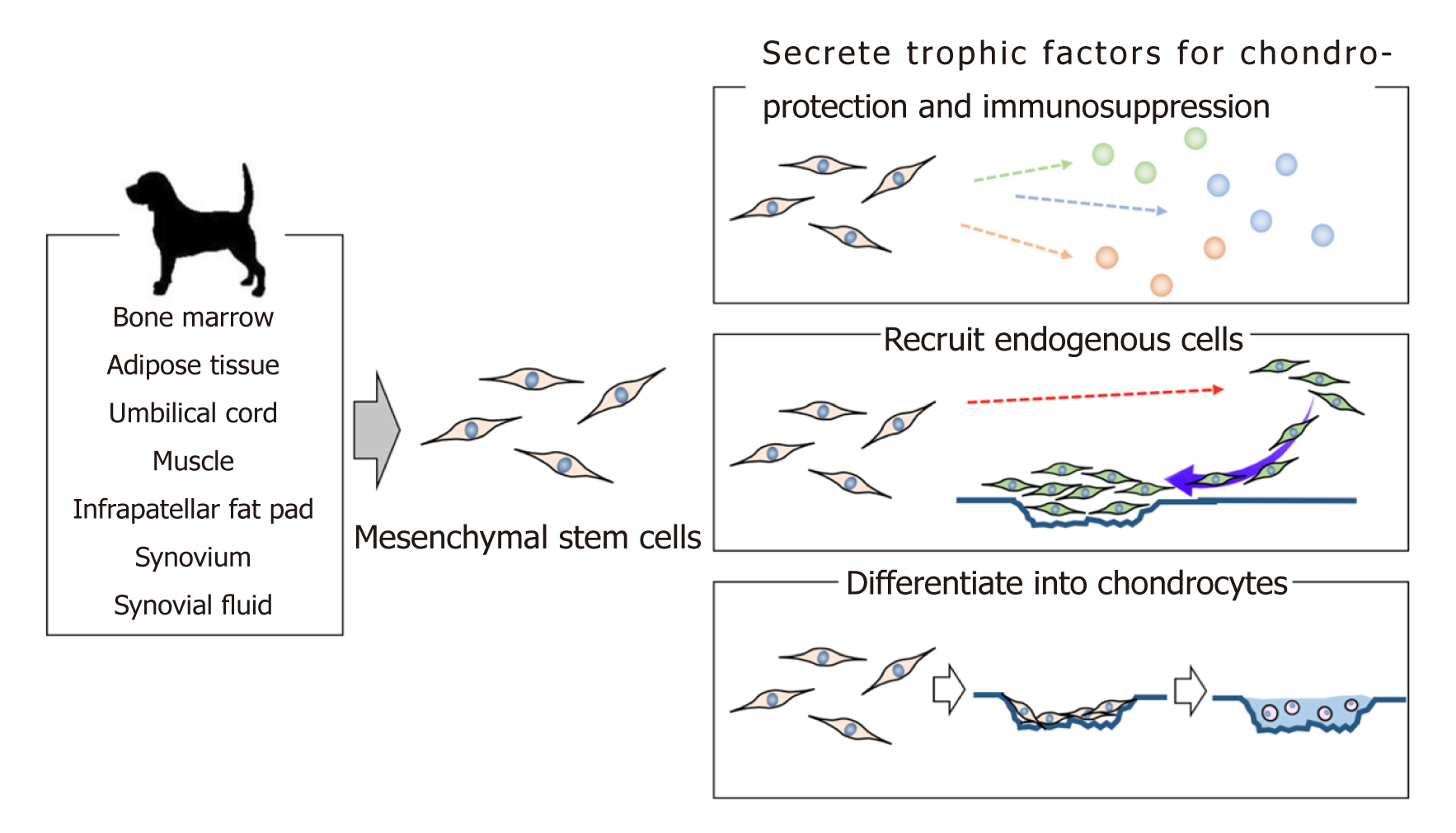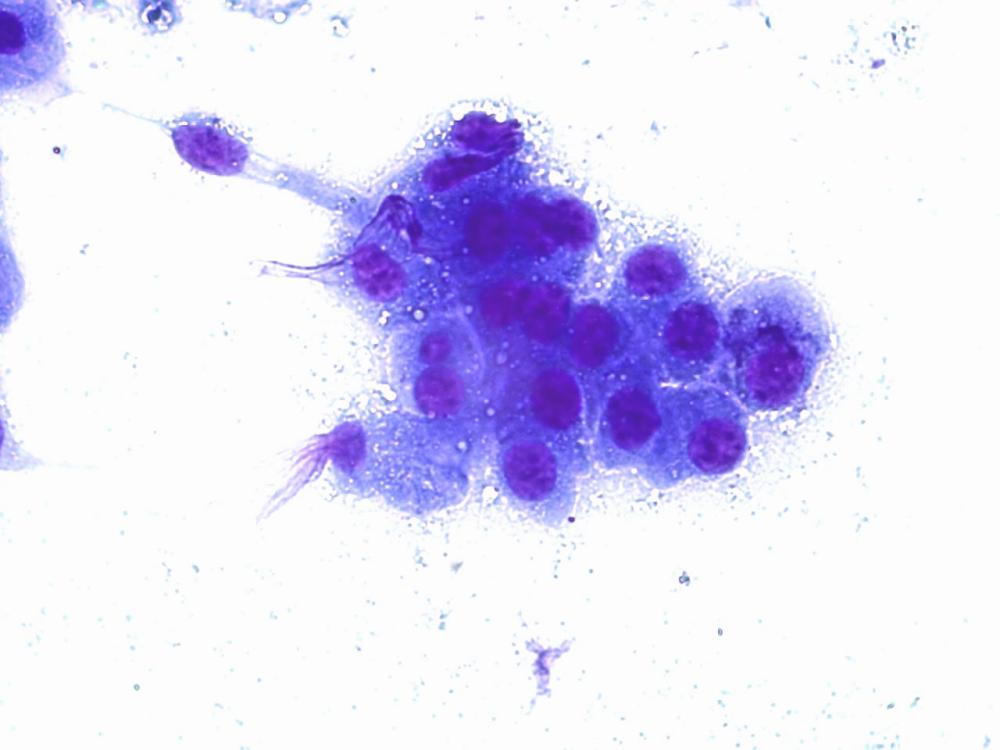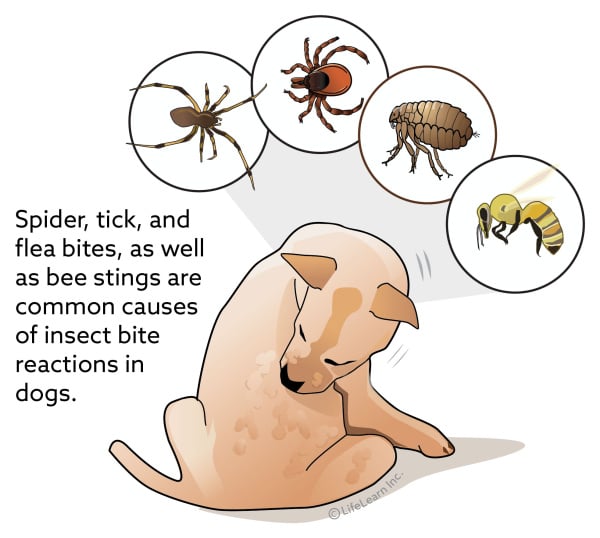Mesenchymal cells in dogs
Mesenchymal Cells In Dogs. A randomized double-blinded multicenter controlled trial. Mesenchymal tumors appear on the skin and are the most common type of tumors in dogs. Voss Veterinary Teaching Hospital Colorado State University Overview Chronic hepatitis inflammatory liver disease is a common ailment in dogs. Therefore effective treatment methods for OA are desired in veterinary medicine as well as in human medicine.
 Osteoarthritis Galenicamed From galenicamed.com
Osteoarthritis Galenicamed From galenicamed.com
Note the large confluent area of unresolved necrotic myocardium outlined in black in the control dog. Mesenchymal Proliferation in Dogs. Breed and sex do not influence it. Homing of Mesenchymal Stem Cells in Dogs with Liver Disease James L. NSAIDs application is associated with some adverse effects which is not required for long-term use 67. Voss Veterinary Teaching Hospital Colorado State University Overview Chronic hepatitis inflammatory liver disease is a common ailment in dogs.
NSAIDs application is associated with some adverse effects which is not required for long-term use 67.
There have been used alternatives of NSAIDs such as hyaluronic acid 8. About a third of all tumors that occur in canines are mesenchymal. Mesenchymal stem cells MSC have been investigated for the treatment of OA in dogs 313. Breed and sex do not influence it. Mesenchymal stem cells MSCs are used in therapy in animal models and veterinary medicine due to their capacity of inducing tissue regeneration and immunomodulation. Note the large confluent area of unresolved necrotic myocardium outlined in black in the control dog.
 Source: researchgate.net
Source: researchgate.net
Voss Veterinary Teaching Hospital Colorado State University Overview Chronic hepatitis inflammatory liver disease is a common ailment in dogs. The current review throws some light on dog mesenchymal stem cell properties and their potential therapeutic applications. MSCs are an attractive therapeutic tool for cartilage regeneration as they can secrete trophic factors for chondroprotection and immunosuppression recruit endogenous cells to the damaged lesion and differentiate into chondrocytes thereby ameliorating the cartilage injury. Mesenchymal Proliferation in Dogs. Mesenchymal stem cells MSCs can be isolated from various types of tissues in dogs.
 Source: frontiersin.org
Source: frontiersin.org
Mesenchymal stem cells are multipotent cells with capacity for self-renewal and differentiation into tissues of mesodermal origin. Mesenchymal tissue is made up of loosely associated cells which means this type of tissue can migrate easily. This study was intended to verify the likelihood of homing of intra-articularily injected mesenchymal stem cells MSCs and its involvement in the healing process of experimentally induced acute and chronic partial chondral defects in dogs. Mesenchymal stem cells MSCs can be isolated from various types of tissues in dogs. About a third of all tumors that occur in canines are mesenchymal.
 Source: cancerres.aacrjournals.org
Source: cancerres.aacrjournals.org
Mesenchymal Proliferation in Dogs. In two animals the myoclonic severity had become mild Grade III. MSCs are an attractive therapeutic tool for cartilage regeneration as they can secrete trophic factors for chondroprotection and immunosuppression recruit endogenous cells to the damaged lesion and differentiate into chondrocytes thereby ameliorating the cartilage injury. Because of its lack of polarity mesenchymal tissue can form tumors and spread rapidly. Connor Long Surgical Bioengineering Laboratory Department of Surgery University of California Davis School of Medicine Sacramento California.
 Source: researchgate.net
Source: researchgate.net
These cells are possible therapeutic agents for autoimmune disorders since they present remarkable immunomodulatory ability. Trichrome stain of sections showing the border and center of an infarct in a dog that underwent intracoronary IC delivery of mesenchymal stem cells MSCs A and C respectively compared with those of a control dog B and D respectively. Fibrosarcoma is a rare malignant tumor of fibroblasts with the involvement of other mesenchymal cells and collagen. Breed and sex do not influence it. Connor Long Surgical Bioengineering Laboratory Department of Surgery University of California Davis School of Medicine Sacramento California.
 Source: todaysveterinarypractice.com
Source: todaysveterinarypractice.com
The current review throws some light on dog mesenchymal stem cell properties and their potential therapeutic applications. Mesenchymal Stem Cell MSC therapy is a new and safe therapeutic method in OA treatment in veterinary medicine 9-11. Mesenchymal stem cells MSCs can be isolated from various types of tissues in dogs. Mesenchymal stem cells MSC have been investigated for the treatment of OA in dogs 313. Interest in mesenchymal stem cells MSCs both for regenerative and reparative therapies in dogs is emerging as the current treatment options for several conditions often do not result either in the desired clinical outcome or in the patients return to normal function.
 Source: todaysveterinarypractice.com
Source: todaysveterinarypractice.com
Interest in mesenchymal stem cells MSCs both for regenerative and reparative therapies in dogs is emerging as the current treatment options for several conditions often do not result either in the desired clinical outcome or in the patients return to normal function. Mesenchymal stem cells MSCs exert powerful immunomodulatory effects by both cell-to-cell contacts and by secreting powerful chemicals called cytokines and chemokines 15. MSCs are an attractive therapeutic tool for cartilage regeneration as they can secrete trophic factors for chondroprotection and immunosuppression recruit endogenous cells to the damaged lesion and differentiate into chondrocytes thereby ameliorating the cartilage injury. Treatment for chronic hepatitis often requires lifelong immunosuppressive and liver support medications which are used to. Fibrosarcoma is frequently found in dogs and cats as well as in other species incidence being higher in adult and old animals.
 Source: wjgnet.com
Source: wjgnet.com
Note the large confluent area of unresolved necrotic myocardium outlined in black in the control dog. Effect of adipose-derived mesenchymal stem and regenerative cells on lameness in dogs with chronic osteoarthritis of the coxofemoral joints. However oftentimes tumors that may have the potential to become malignant are passed over as benign lesions. Homing of Mesenchymal Stem Cells in Dogs with Liver Disease James L. In two animals the myoclonic severity had become mild Grade III.
 Source: petstemcells.org
Source: petstemcells.org
Mesenchymal stem cells MSC have been investigated for the treatment of OA in dogs 313. Therefore effective treatment methods for OA are desired in veterinary medicine as well as in human medicine. NSAIDs application is associated with some adverse effects which is not required for long-term use 67. Homing of Mesenchymal Stem Cells in Dogs with Liver Disease James L. Fibrosarcoma is frequently found in dogs and cats as well as in other species incidence being higher in adult and old animals.
 Source: galenicamed.com
Source: galenicamed.com
Because of its lack of polarity mesenchymal tissue can form tumors and spread rapidly. Mesenchymal stem cells MSCs exert powerful immunomodulatory effects by both cell-to-cell contacts and by secreting powerful chemicals called cytokines and chemokines 15. Mesenchymal tumors appear on the skin and are the most common type of tumors in dogs. Mesenchymal stem cells MSCs can be isolated from various types of tissues in dogs. Mesenchymal stem cells MSCs being available in numerous adult tissues and foetal membranes have been harvested from almost all these sources in dog.
 Source: bmcvetres.biomedcentral.com
Source: bmcvetres.biomedcentral.com
NSAIDs application is associated with some adverse effects which is not required for long-term use 67. Homing of Mesenchymal Stem Cells in Dogs with Liver Disease James L. Dogs can also require treatment for naturally developed OA. While the precise mechanism of action is unknown the therapeutic effect of MSC for OA is predominately attributed to their anti-inflammatory properties 14. MSCs affect both T- cells and B-cells while promoting the generation of regulatory T-cells.
 Source: msdvetmanual.com
Source: msdvetmanual.com
Breed and sex do not influence it. MSCs affect both T- cells and B-cells while promoting the generation of regulatory T-cells. About a third of all tumors that occur in canines are mesenchymal. Mesenchymal tumors appear on the skin and are the most common type of tumors in dogs. Due to the presence of miniscule number of MSCs in these tissues culture expansion followed by their characterization becomes imperative.
 Source: researchgate.net
Source: researchgate.net
It was concluded that the use of mesenchymal stem cells could improve the quality of life of dogs with neurological sequelae caused by canine distemper thus presenting hope for similar positive results in human patients with multiple sclerosis. MSCs affect both T- cells and B-cells while promoting the generation of regulatory T-cells. Dogs can also require treatment for naturally developed OA. Breed and sex do not influence it. Voss Veterinary Teaching Hospital Colorado State University Overview Chronic hepatitis inflammatory liver disease is a common ailment in dogs.
If you find this site helpful, please support us by sharing this posts to your own social media accounts like Facebook, Instagram and so on or you can also bookmark this blog page with the title mesenchymal cells in dogs by using Ctrl + D for devices a laptop with a Windows operating system or Command + D for laptops with an Apple operating system. If you use a smartphone, you can also use the drawer menu of the browser you are using. Whether it’s a Windows, Mac, iOS or Android operating system, you will still be able to bookmark this website.






